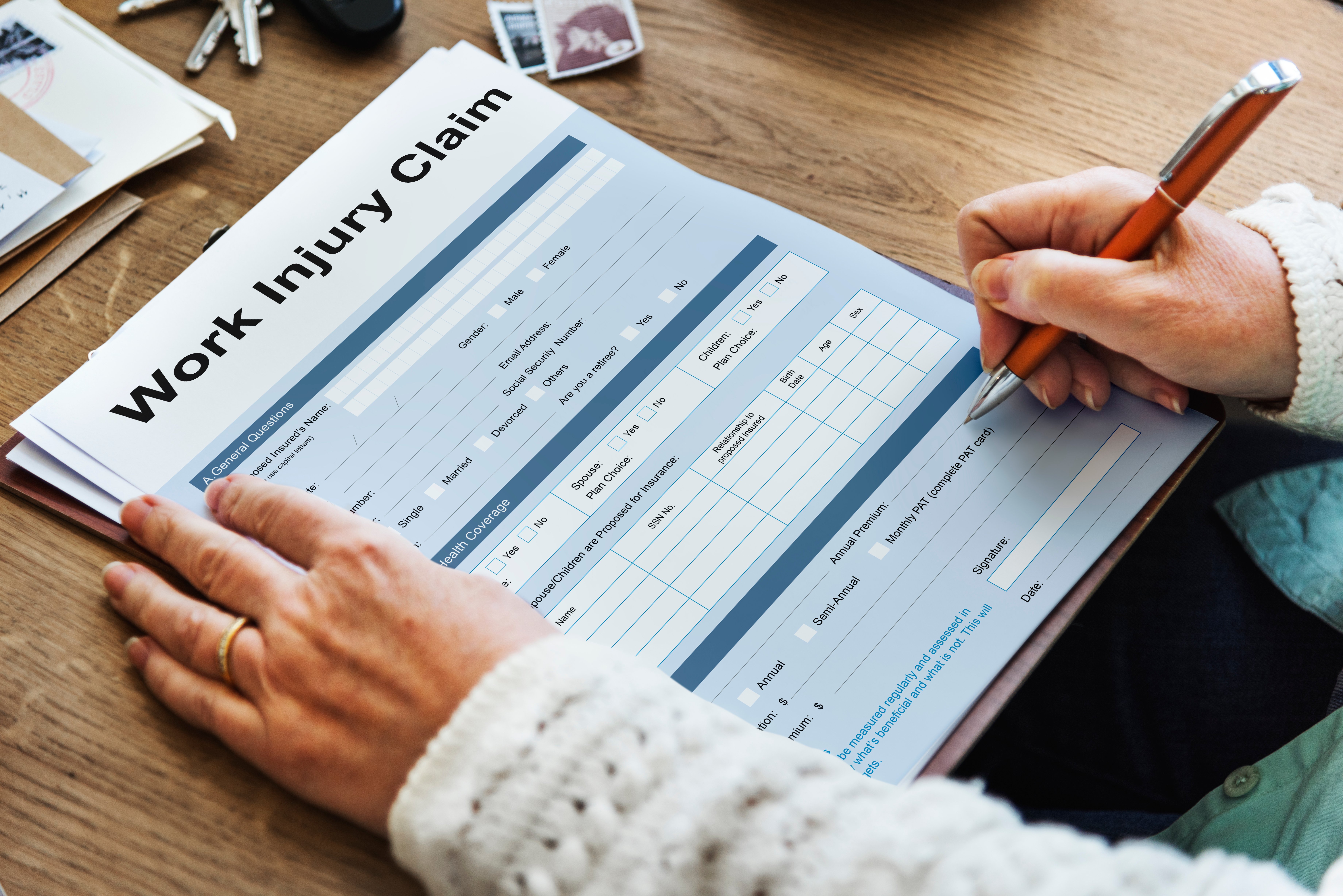Scura, Wigfield, Heyer, Stevens & Cammarota Blog
- Blog
Subsequent Employer Liability: Is Your New/Next Employer Responsible For Injury Sustained From A Prior Job?
New Jersey Workers' Compensation: Subsequent Employer Liability Explained
Navigating the intricacies of workers' compensation can become even more complex when a situation involves subsequent employer liability. This legal concept refers to the responsibility of an employer who hired a worker previously employed by another company and who later sustains an injury or illness related to their work. Understanding subsequent employer liability in New Jersey is crucial for both workers and employers to ensure fair compensation and adherence to the law.

Understanding Subsequent Employer Liability
Subsequent employer liability comes into play when a worker has previously worked for one employer and then is hired by a different company, the subsequent employer. If the employee sustains a work-related injury or illness while employed by the subsequent employer, questions arise about which employer is responsible for providing workers' compensation benefits.
In New Jersey, the subsequent employer can be held liable for the employee's injury or illness if certain conditions are met. These conditions generally involve proving that the subsequent employer had knowledge of the employee's prior medical history, including any pre-existing conditions, and that the subsequent employment aggravated or worsened the existing condition.
Key Factors in Subsequent Employer Liability
Several factors are typically considered when determining subsequent employer liability:
Knowledge of Prior Medical History
The subsequent employer must have had knowledge of the employee's prior medical history, including any pre-existing conditions or injuries. This information is essential in establishing whether the subsequent employment worsened the existing condition.
Aggravation or Worsening of Condition
For the subsequent employer to be held liable, it must be proven that the subsequent employment aggravated or worsened the pre-existing condition. If the work performed for the subsequent employer contributed to the worsening of the condition, the subsequent employer may be required to provide workers' compensation benefits.
Medical Evidence
Medical evidence is critical in determining whether the subsequent employment aggravated the pre-existing condition. Medical records, evaluations, and expert testimony may be used to establish the link between the subsequent employment and the worsening of the condition.
Relevant Statutes and Case Law
In New Jersey, the Workers' Compensation Act governs the rights and responsibilities of both employees and employers in cases of work-related injuries and illnesses. Sections 34:15-7 and 34:15-8 of the New Jersey Statutes Annotated outline the liability of subsequent employers in workers' compensation cases.
Section 34:15-7 specifically addresses the liability of subsequent employers when a worker has a pre-existing condition. It states that if an employee sustains a compensable injury or death under the Workers' Compensation Act and subsequently becomes an employee of another, the subsequent employer is also liable for the injury or death only to the extent that the subsequent employment aggravated or accelerated the injury or death.
Section 34:15-8 further clarifies that if a subsequent employer is liable for the injury or death, the subsequent employer shall provide workers' compensation benefits as required by the Workers' Compensation Act.
Case law, such as Trimble v. Tropicana Casino and Resort, 579 A.2d 788 (N.J. 1990), has set important precedents regarding subsequent employer liability. In this case, the New Jersey Supreme Court affirmed that a subsequent employer is liable only for the worsening or aggravation of a pre-existing condition caused by the subsequent employment.
Consultation with Legal Experts
Given the complexity of subsequent employer liability cases, seeking legal guidance is advisable for both workers and employers. An experienced workers' compensation attorney can help evaluate the circumstances, gather necessary evidence, and navigate the legal process to determine liability accurately.
Speak to One of Our New Jersey Attorneys
Subsequent employer liability is an essential aspect of New Jersey's workers' compensation system, ensuring that workers who sustain injuries or illnesses while working for a subsequent employer receive the compensation they deserve. If you are an employee who has experienced a worsening of a pre-existing condition while working for a subsequent employer. Consulting with an experienced workers' compensation attorney can provide the clarity and guidance needed to navigate this intricate legal territory. Please contact the Scura Law Firm for an initial consultation on the phone; in order to discuss your case with an attorney and schedule an immediate office appointment.
Share Article
Need Help? Contact Us Today!





Lists by Topic
- Bankruptcy (320)
- Personal Injury (95)
- Chapter 13 (52)
- Chapter 7 (50)
- Debt Management (50)
- Foreclosure (47)
- Accident (32)
- Car Accident (26)
- Chapter 11 (24)
- Business Bankruptcy (19)
- Credit (18)
- Insurance Claims (17)
- Business Law (12)
- Litigation (12)
- Employment Law (11)
- Probate and Estate Law (11)
- Damages (10)
- Medical (10)
- Product Liability (10)
- Workers Compensation (10)
- Attorney (9)
- Consumer Bankruptcy (9)
- Commercial & Residential Real Estate (6)
- Slip and Fall (6)
- Contracts (5)
- Premises Liability (5)
- Repossession (5)
- wrongful death (5)
- Video | Bankruptcy (4)
- Bankruptcy Cost (3)
- Corporate Litigation (3)
- Trial Law (2)
- student loans (2)
- tax (2)
- Attorney Fees (1)
- COVID-19 (1)
- Certified Civil Trial (1)
- Dog Bites (1)
- News (1)
- Relocation Assistance (1)
